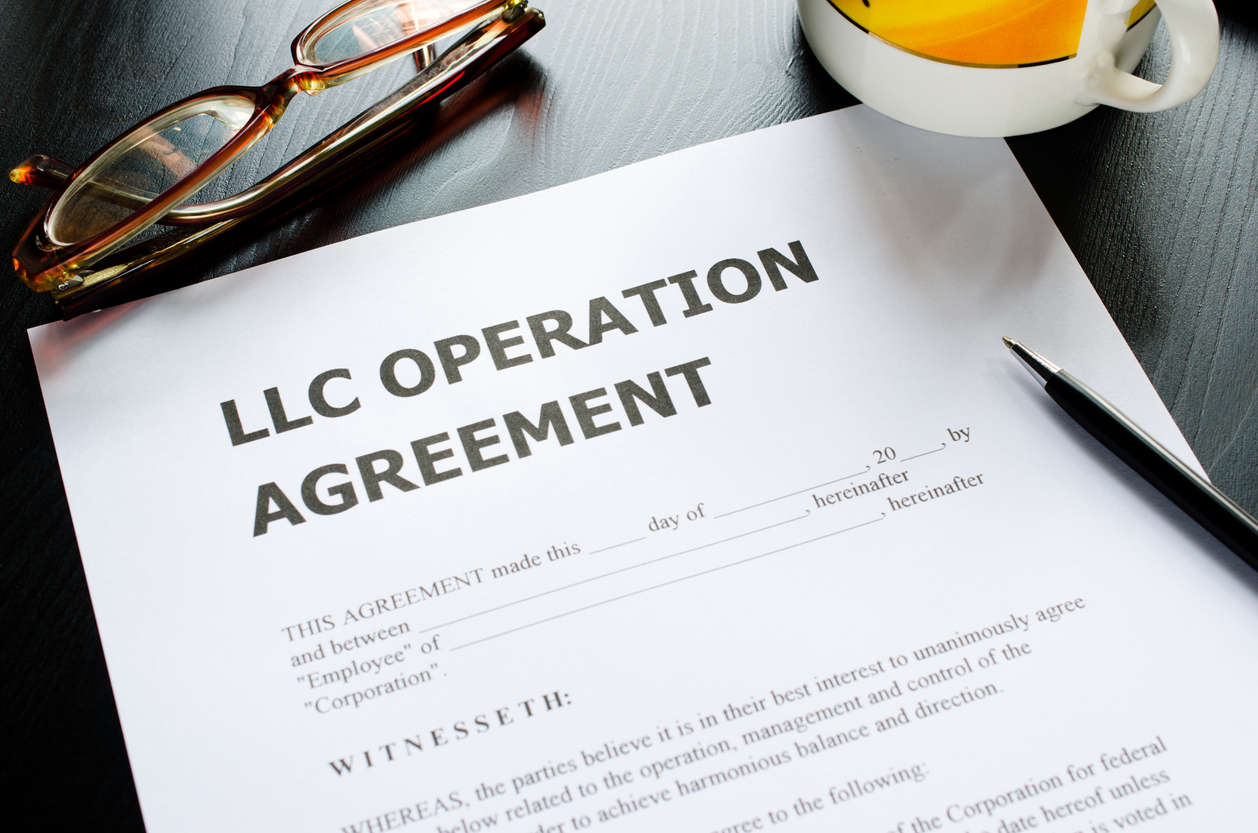We may earn revenue from the products available on this page and participate in affiliate programs. Learn More ›
Homeownership is an aspiration for many people, but not all homeowners actually own a home in their name. There are two main ways someone can own a home without attaching their name, including putting it in a trust and transferring it to a limited liability company (LLC).
A trust is generally a good idea for a home buyer who wants to leave their house to a beneficiary upon their death but wants to avoid a potential legal battle once they die. If you want to put your home in a trust, it’s advisable to work with an estate planning attorney who can make sure your wishes are included in the trust, ensuring everything will go smoothly after your death.
LLCs are generally better suited for investment and rental properties. To start an LLC, you’ll need to come up with a business name and fill out several forms (which can vary from state to state). Again, it may be advisable to consult an attorney to ensure that you fill in all the forms correctly, which can help avoid hassle down the road.
There are numerous benefits to putting a house in a trust or LLC. This guide will cover five of the main reasons not to own a house in your name.
1. Putting your house in a trust helps avoid probate.
Not many people like to think about their own death, but it’s smart to prepare as much as possible for when the inevitable happens. If you own your home in your name and leave it to an heir in your will, it will go through a process called probate. Probate is the process your assets go through upon your death in order to ensure all your debts and taxes are paid off. Only then will your remaining assets be distributed to your chosen heirs.
Probate can be a lengthy and stressful process, even for relatively small estates. There are also several costs associated with probate, which will likely fall on your beneficiaries to handle before they receive their inheritance. These costs can include court fees, administrative fees, and legal costs.
If you put your house into a trust rather than keeping it in your name, you can bypass probate when you die. That means your beneficiaries will receive their inheritance without needing to go through the courts. When you set up a trust, you’ll need to designate a trustee and one or more beneficiaries.
The trustee will be responsible for managing the trust after you die and ensuring that your assets are passed along to your beneficiaries. You can name anyone as the trustee, but make sure the person is trustworthy and reliable. For this reason, many people choose to name an attorney or trust company as their trustee.

2. A real estate LLC protects against personal liability.
Owning a rental or investment property can be risky. If a tenant or guest files a lawsuit, your personal assets won’t be at risk if the property is owned by an LLC. If it’s owned by you personally, though, the lawsuit will name you in the claim and you may lose your personal assets in order to settle.
For example, if a tenant falls down the stairs and breaks a bone, they may require several medical procedures to address the break. They may decide to sue the property owner for damages to help pay for their medical expenses, loss of income, etc. If you own the property personally, you’ll be on the hook to pay for any judgment issued. However, if the property is owned by an LLC, you won’t need to worry about losing your home or personal items to help pay the required costs.
RELATED: Money Matters: 6 Ways You Can Pay for Your Home Renovation Without Breaking the Bank
3. Owning a property as an LLC protects your privacy.
The name of a property owner is public record, meaning that anyone could find out who owns a home with a few simple online searches. But if the property is owned by an LLC, the owner’s name will remain private. This can be especially appealing for anyone who is famous or otherwise well known, or for anyone who simply wants to keep their private business private.

4. LLCs come with tax benefits for rental property owners.
If you have a rental property, there are tax benefits that come with LLC ownership. A sole proprietor of an LLC will report the business’s profits and losses on a personal tax return rather than a business tax return—this is called pass-through taxation.
However, if you form a corporation to manage the rental business, you’ll need to report the company’s financials on both the business tax return and your personal tax return, which can lead to double taxation.
RELATED: Are Home Warranties Actually Worth It?
5. An LLC makes the transfer of ownership easier.
Selling a home can be a long and drawn-out process—and that remains true for a rental or investment property. If the property is owned by an LLC, you can simply sell or transfer the ownership of that LLC to the new owner without actually selling the property. This can also make it easier to gift a property to a family member without needing to draw up a new deed.
RELATED: How to Choose a Mortgage Lender: 7 Steps to Finding Your Ideal Match

The Drawbacks of Not Owning a House in Your Name
While there are many advantages to not owning a property in your own name, there are also some disadvantages.
Disadvantages of a Trust
Living in a trust-owned home can be an inconvenience if you want to refinance your mortgage. While not impossible, you might need to shop around to multiple lenders to find one that will refinance your loan if your home is trust-owned.
In addition, your beneficiaries may find that it is more work on their part to claim their assets if they are held in a trust. Rather than inheriting the house upon your death, the beneficiaries will have to rely on the person you named as trustee. If you named a trusted individual, such as an attorney, this will likely not be a concern.
Disadvantages of an LLC
While an LLC is a good option for an investment or rental property, it’s not recommended for a primary residence. Creating an LLC to assume ownership of your primary residence can affect your ability to get financing in the future. Additionally, purchasing a home under an LLC can result in higher closing costs and higher insurance premiums.
An LLC can also limit eligible tax breaks. Owning a primary residence personally comes with numerous tax advantages which can disappear if the home is owned by an LLC. In general, it’s a good idea to speak with an attorney or a financial advisor before transferring ownership of any residence—primary or rental—to an LLC.


